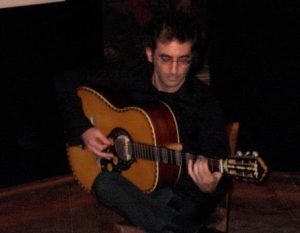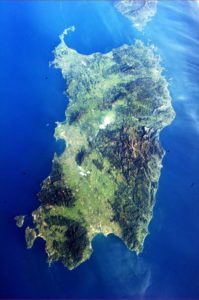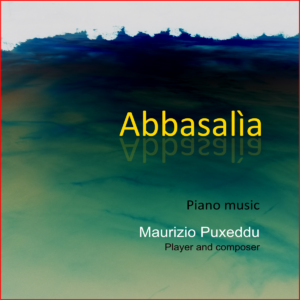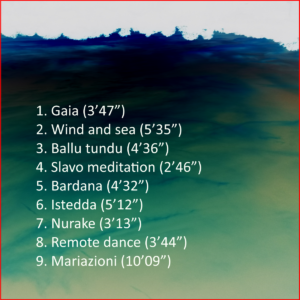When you return to Sardinia after years of distance from the island you have understandable emotions and very strong sensations. Every Sardinian knows what it means, on his return, to feel the wild scents of his land, he knows how it feels to observe the open and natural spaces, not fenced (the choice is wide, between sea, mountains, hills, lakes, rivers ), all of which can be used a few kilometers from the town or village centers. Not to mention the gastronomy, the people, the customs and traditions, the culture deeply rooted and felt by the Sardinians, the music.
On the occasion of my recent visit to Sardinia, thanks to my past as a popularizer, musician and composer, I was invited by the ISCANDULA Association to hold a conference on the launeddas, on the Danish researcher WFABentzon who in 1969 published THE LAUNEDDAS, works in two volumes, deriving from his research on the autochthonous island instrument, between ’56 and ’69. The relative projection of the documentary film “IS LAUNEDDAS – La musica dei sardi” by Fiorenzo Serra, produced by Dante Olianas, made up of films by Bentzon himself, formed the core of the initiative.
At the end of the meeting I was able to perceive and verify, thanks to the many questions from the audience, very specific and relevant, the profound interest of the listeners towards the topic presented: the launeddas.
I feel that there is a renewed interest in young people, towards the music of Sardinia, a music with a capital M, still not understood by everyone. I was very heartened to see the listeners attentive and involved and who have given me back an important energy.
Thank you all
M.P.
26 febbraio 2020
CONFERENZA SULLE LAUNEDDAS
Associazione ISCANDULA
CPIA1 Cagliari – Sede di SESTU (CA)
Prof.ssa Tiziana Pireddu
Relatore: Maurizio Puxeddu
PROGRAMMA
Presentazione
Le launeddas
Il ricercatore W.F.A.Bentzon
Proiezione del film documentario IS LAUNEDDAS
Esercizi pratici con la respirazione circolare
Domande del pubblico










